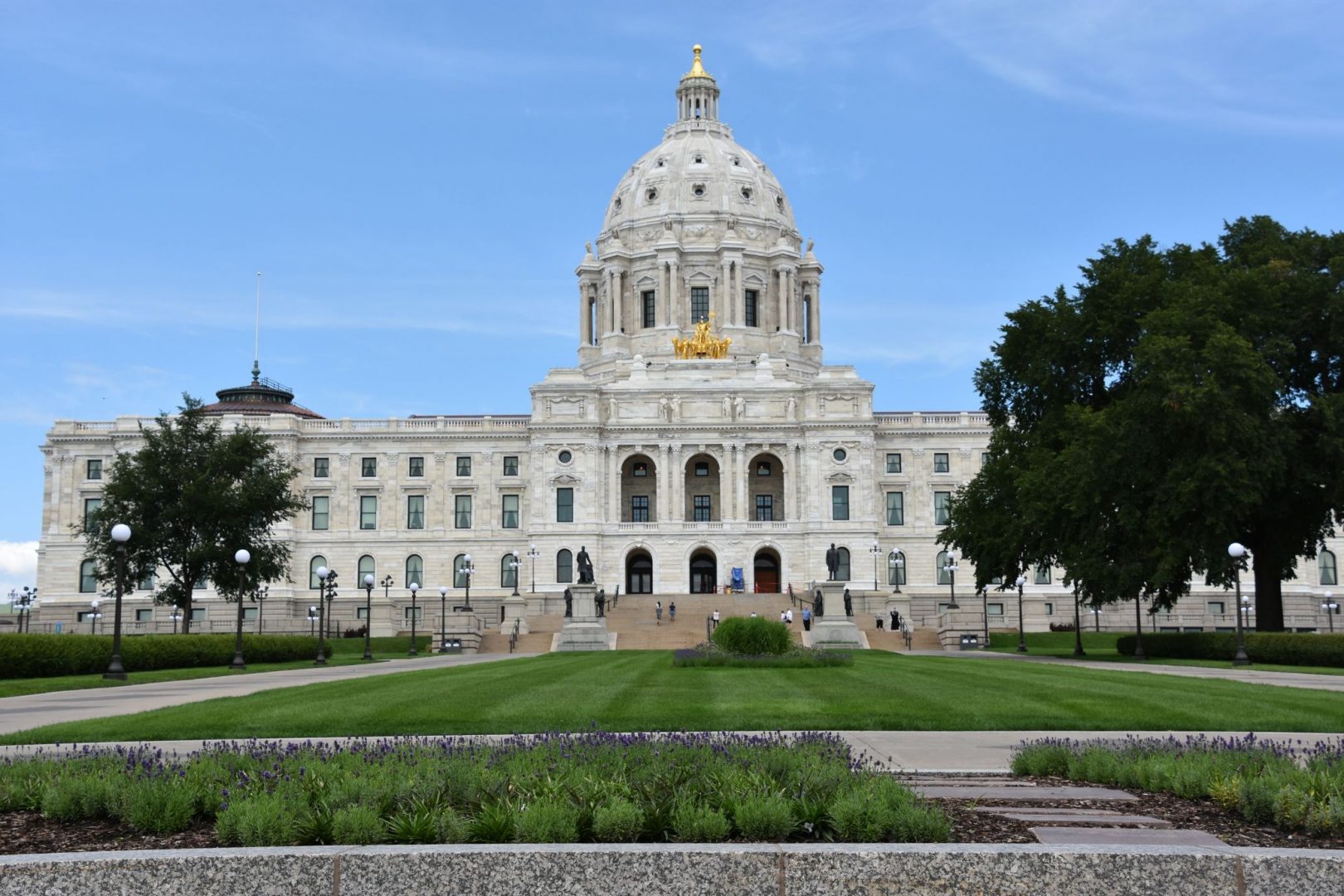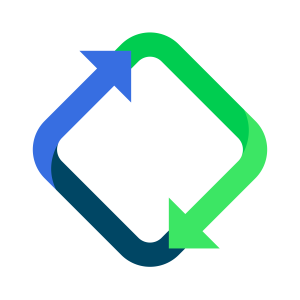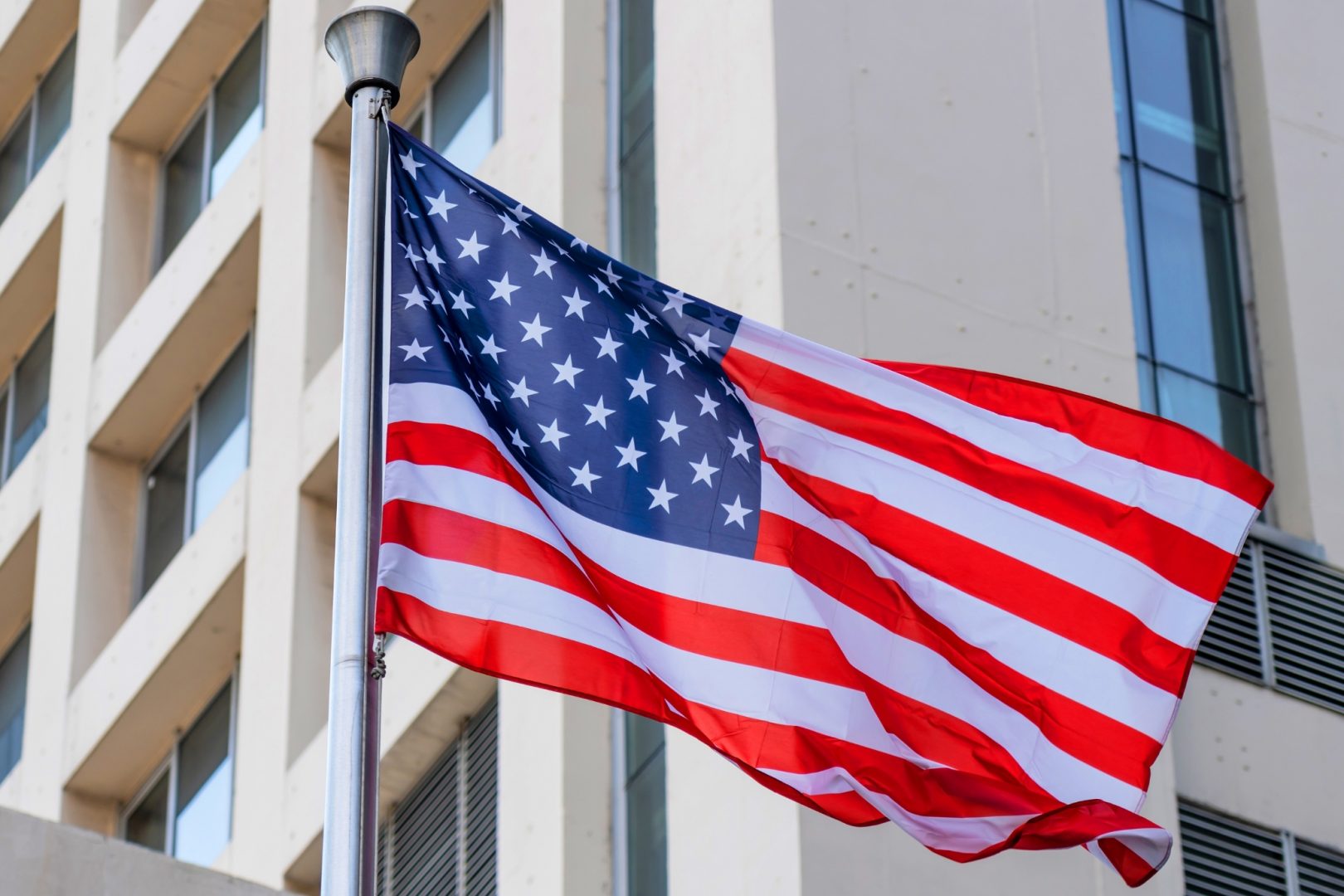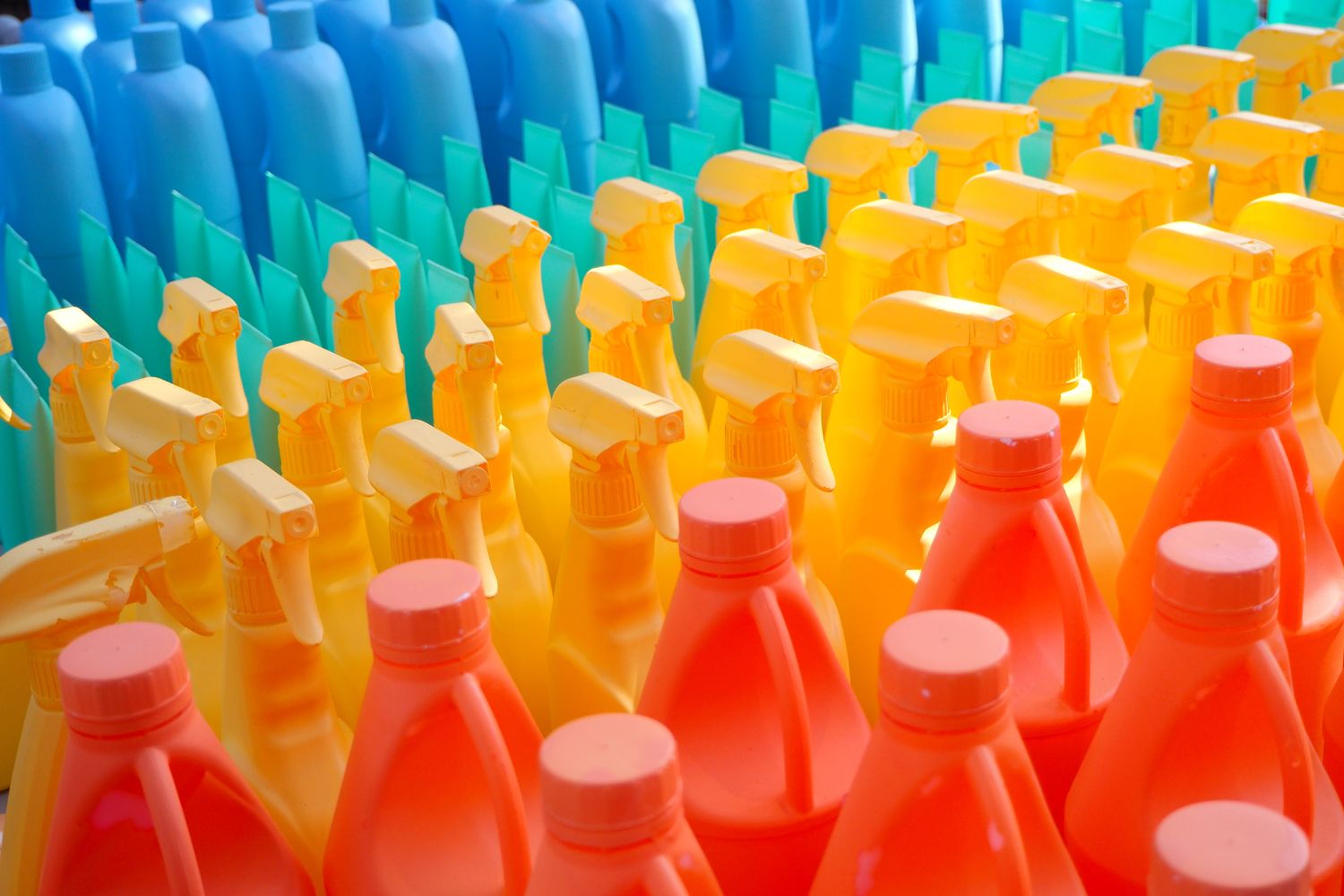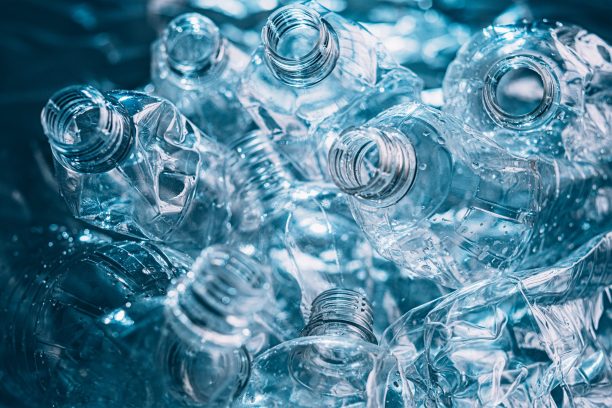Minnesota Becomes the Fifth State to Approve EPR Packaging Law
- 23. May 2024
- Blog
Summary
On May 21, 2024, Minnesota took a significant step toward sustainable waste management. Governor Tim Walz signed the Packaging Waste and Cost Reduction Act, making Minnesota the fifth state in the US to establish an EPR legislation for packaging.
What Happened?
The new legislation, part of a broader budget bill, mandates that producers bear responsibility for the lifecycle of packaging materials. The law aims to reduce packaging waste through improved design, recycling, and composting.
Who’s Affected?
Depending on context, Minnesota’s law defines producers as brands, packaging manufacturers, or distributors. Notably, mills that use virgin wood fiber in their products or paper mills producing cardboard out of 100% recycled materials are exempt from this definition.
What is the Scope?
By 2032, all packaging in Minnesota must be reusable, recyclable, compostable, or managed through an approved alternative collection system. Unlike earlier drafts, the final legislation does not set specific performance targets. Instead, a future needs assessment will help determine potential targets for recycling, composting, waste reduction, reuse, return rates, and post-consumer recycled content usage. Specific packaging, such as infant formula and medical equipment, is exempt from the program.
Implementation Timeline for the EPR Packaging Law
- January 1, 2025: Appointment of the producer responsibility organization (PRO) and advisory board.
- July 1, 2026: Producers must register with the PRO.
- December 31, 2026: Initial needs assessment due.
- October 1, 2028: PRO stewardship plan due.
- February 1, 2029: Producers cover at least 50% of net recycling costs.
- February 1, 2030: Producers cover at least 75% of net recycling costs.
- February 1, 2031: Producers cover at least 90% of net recycling costs.
Broader Context
Minnesota’s EPR law aligns with similar initiatives in other states. Oregon and California’s programs will start on July 1, 2025, Colorado’s on January 1, 2026, and Maine will begin producer payments in 2026. Prominent supporters of Minnesota’s framework include Ameripen, the Flexible Packaging Association, and the Consumer Brands Association. The American Forest & Paper Association opposed the legislation.
How RLG Can Help
Navigating new regulatory landscapes can be challenging. If you have questions about Minnesota’s EPR Packaging Law or are uncertain about your business’s next steps, RLG is here to help. Our experts stay up-to-date with the latest regulations in the U.S. and internationally, ensuring your business remains compliant.
First Steps
The first step in complying with the new legislation is understanding your business obligations (or lack thereof). To aid producers with this process, RLG conducts hundreds of legal assessments each year. We clarify obligations and offer actionable insights.
Next Steps
Like other states with packaging EPR laws, Minnesota will require producers to report packaging data to Producer Responsibility Organizations (PROs). This will require producers to collect, verify, and collate packaging data according to specifications. The reporting requirements of each state with packaging EPR will likely be different. It may take many months to prepare packaging data for reporting properly.
Please reach out to us today to discover how RLG can leverage the 50m+ SKUs in our packaging database to fill data gaps, verify accuracy, and identify opportunities for savings. Introductory data management packages start at less than $1000 (US).
